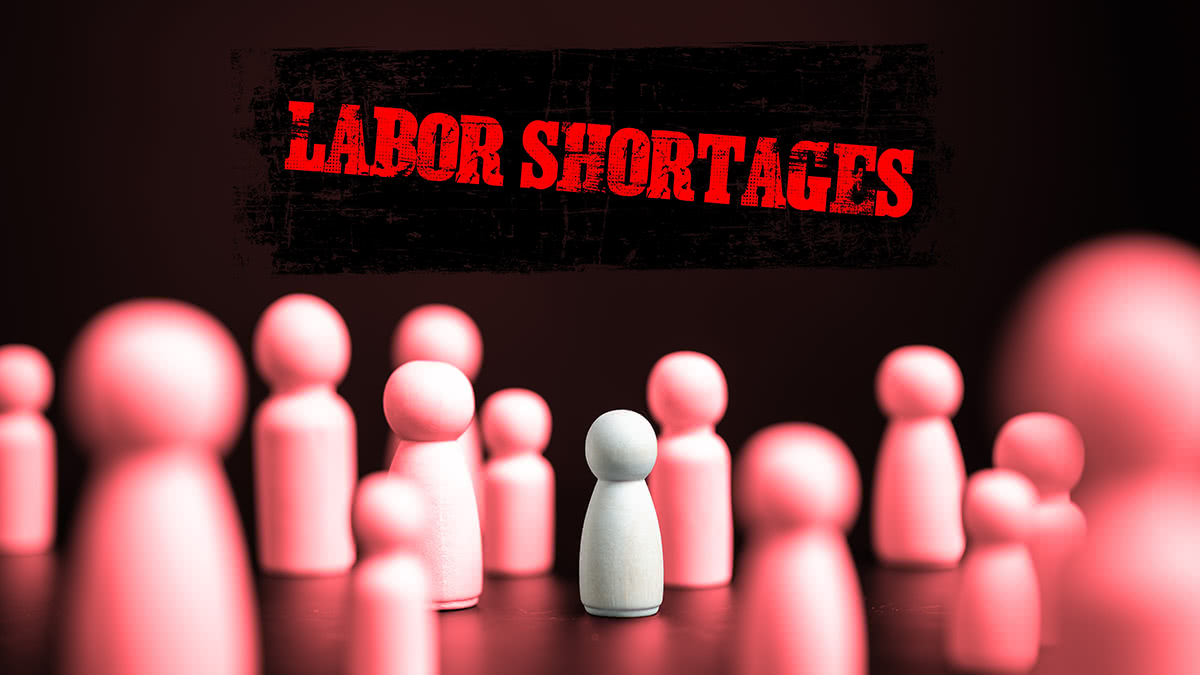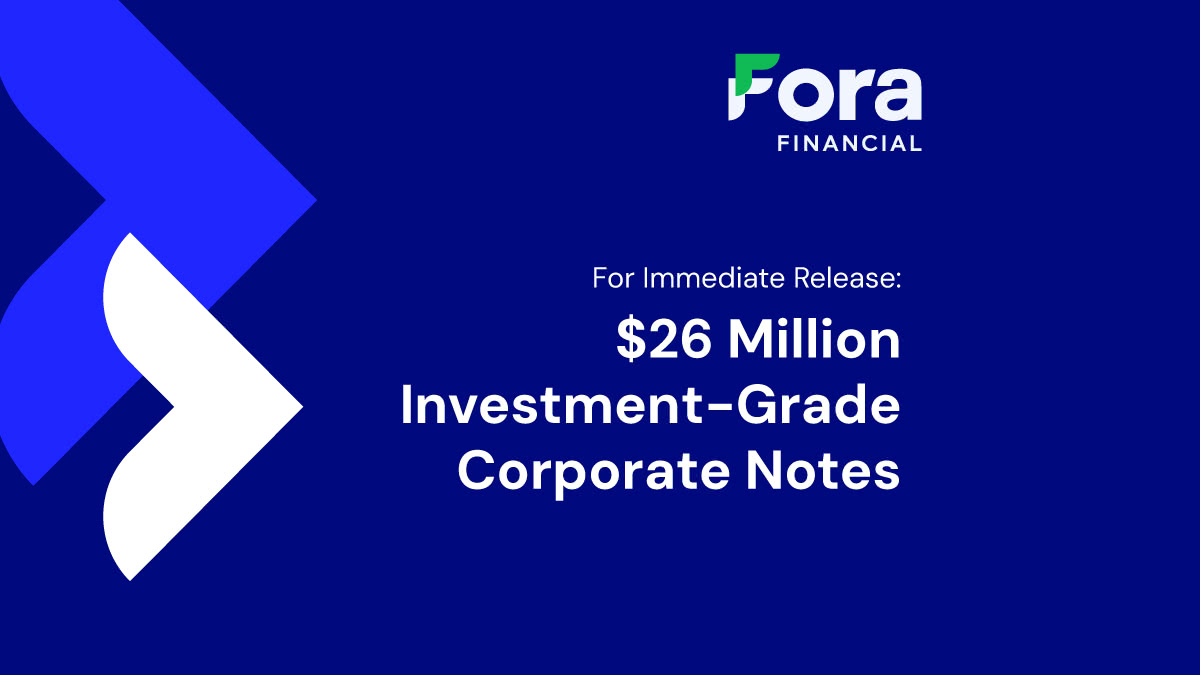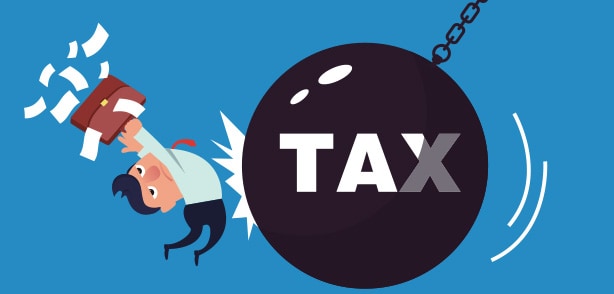Is a Long-Term Business Loan Right for Your Company?

Long-term business loans are a popular business financing option that can provide stability and working capital that your business needs to expand. However, it’s essential to understand the benefits and drawbacks of a long-term business loan before starting the application process. It’s also vital to consider your business’s needs, current financial situation, and upcoming goals.
This blog post will cover everything you should know about long-term financing. After reading this post, you can decide if this is the right business funding option for your company. In some cases, your business may be better off pursuing short-term financing or another type of loan.
What is a Long-Term Business Loan?
If you apply for a term loan, a business lender will provide you with a lump sum of cash. Typically, you can use this loan amount for any business need, including costs such as:
Real estate
Equipment
Inventory
Payroll
Cash flow
Debt refinancing
Expansion projects
Marketing expenses
After receiving a small business loan offer, you’ll pay back the loan with fixed payments, including paying interest and other fees. A long-term business loan is paid back monthly over several years. However, the loan term will vary based on numerous factors determined by your lender.
The Pros and Cons of a Long-Term Business Loan
A long-term business loan program can provide substantial cash, allowing you to buy expensive equipment, expand staff, and make other necessary investments.
Compared to short-term business loans and other types of financing (like lines of credit or Small Business Administration (SBA) loans), long-term loans provide many benefits:
Lower interest rates
Fixed payment terms
Monthly payments
Lower fees (compared to other financing options)
However, long-term small business loans also have drawbacks:
A lengthy approval process, especially if you are applying for a long-term bank loan.
More documentation could be required to be approved for longer terms.
You’ll likely need a high credit score to qualify for a long-term business loan. If you have a bad credit history, you should focus on raising your business and personal credit scores instead.
Further, the large lump sum will eat into the total credit available to your business. As a result, less working capital may be available to you in the future.
Should You Apply for a Long-Term Business Loan?
The right business financing option will depend on your current situation and financial needs. In the section below, we’ll explain how you can determine if a long-term business loan is right for you:
1. Long-Term Business Loan Lenders Prefer Established Businesses
Long-term business loans often involve large sums. As such, alternative lenders prefer to work with already established businesses generating substantial revenues for at least a few years. Often, these lenders have a time in business requirement that will disqualify any company that hasn’t been operational for their specified length of time.
To qualify for a small business loan with a longer repayment term, you’ll likely need to submit the following:
Annual revenue
Monthly bank statements
Other financial metrics over the course of several years
To that end, lenders may require other financial documentation. In some cases, they’ll want to see the following information:
Your current credit card debts
Information on outstanding loans
Other financial metrics that will help them determine your business’s financial health.
2. Lenders Will Need to be Confident in Their Investment
Usually, long-term business loan lenders prefer businesses with high credit scores. Your credit score indicates how likely you are to repay the loan on time and in full. Given the risks of extended financing terms, business lenders will pay close attention to your credit score and business history.
Alternative and online lenders may also request detailed plans regarding how you’ll invest the money into your business. For example, suppose you are using the loan funds for a renovation or expansion project. In that case, you may be more likely to see a high return on your investment. Therefore, business lenders may be more confident that you’ll have the funds available to pay your loan balance.
A business’s success depends on vision, planning, and market opportunities. Business lenders may want to see all the above and could request documents such as:
Your business plans
Cash flow projections
Bank statements
Tax returns
3. Long-Term Business Loans are a Major Commitment for Businesses
When you take out a long-term business loan, you’re signing a long-term contract that will majorly impact your company’s finances. Here are a few ways that this financial commitment can affect your business:
You’ll need to be able to afford monthly payments: As you make payments on your loan, you’ll have less money to spend elsewhere. A substantial portion of your revenues may be diverted to repaying the loan.
Interest payments can add up quickly: Long-term loans often come with low-interest rates. However, even low-interest rates can add up to a large amount over a long period. Make sure you calculate the total cost of every loan you’re considering. Doing this can ensure you can repay your loan but still afford your other business expenses, such as payroll and marketing costs.
You may not be able to qualify for financing later on: If you receive a business loan now, you may have less credit available in the future. Lenders are less likely to lend to businesses that already have outstanding debt. Should you be faced with an emergency or opportunity in the future, you might lack the necessary credit score needed to respond.
Also, it’s important to remember that taking on business debt is a liability. Long-term debt will be on your books for a considerable period of time, potentially increasing risks.
Should a recession strike or market conditions change, you could find yourself in a tight spot, forced to make inflexible loan payments. This happened to many business owners during the COVID-19 pandemic, so this is something you should examine before taking out a long-term loan.
If you aren’t sure you can commit to making payments on a long-term loan, you may benefit from taking a shorter-term loan first. For example, let’s say you can repay your business loan balance responsibly but need more funding. In that case, the business lender may be willing to provide you with a larger loan amount with extended terms in the future.
Conclusion: Consider Your Financial Situation Before Applying for a Long-Term Loan
Before taking out any business loan, looking at your business’s financial situation is essential. If you don’t consider your unique financial situation, you may take out a loan that you won’t be able to repay responsibly.
Business loans can provide the funds needed to take advantage of market opportunities and grow your business. At the same time, business loans come with their own drawbacks and come with some significant risks. Make sure you consider these factors before submitting your loan application to make the right decision for your small business!
Editor’s Note: This post was updated for accuracy and comprehensiveness in July 2022.
Since 2008, Fora Financial has distributed $4 billion to 55,000 businesses. Click here or call (877) 419-3568 for more information on how Fora Financial's working capital solutions can help your business thrive.





